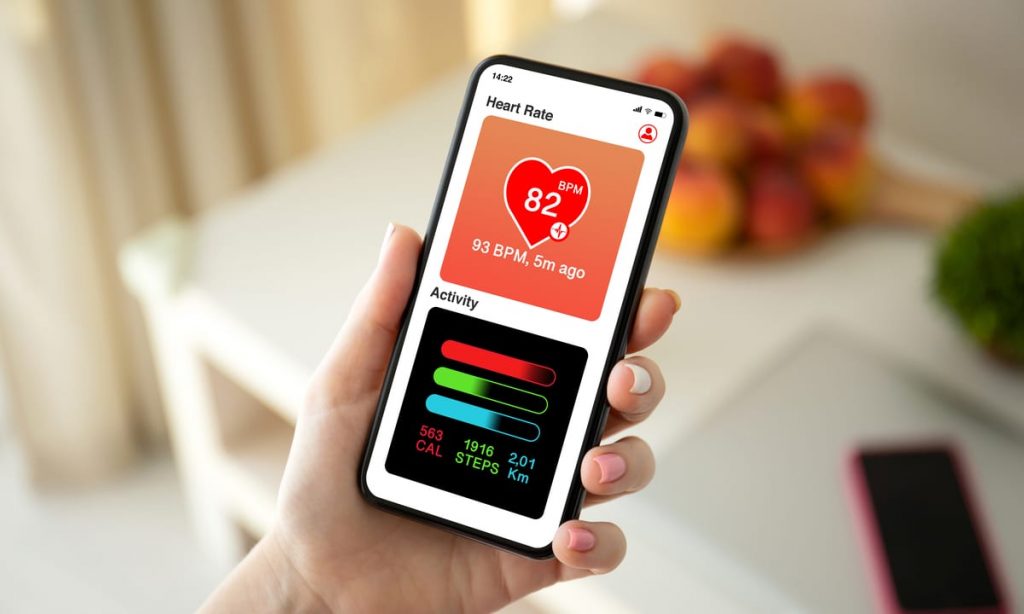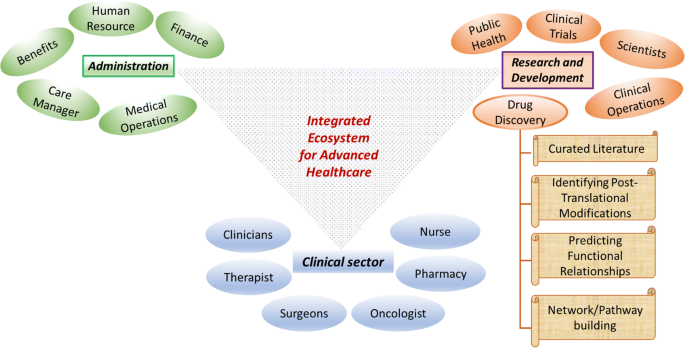

This week, financial services start-up Zerodha, created a flutter in the employee wellness industry by linking financial incentives to health. According to the founder, Nitin Kamath, the employees would be given as high as half their monthly salary as a health bonus if they can keep their BMI below 25. There were other added incentives if they could maintain their health as well. BMI or Body Mass Index is an evaluation of body fat based on height and weight that applies to adult men and women. The announcement created mixed reactions from proponents and critics alike weighing the pros and cons of using BMI as a measure. I believe that the debate is necessary but misses a crucial strategic shift.
Employee wellness has long been regarded as an area for immediate imperative action as it moves our health initiatives from being reactionary to being proactive. As we all know, India does not have the infrastructure to administer in-patient care to most citizens, so our strategic health thinking has to be proactive health intervention in areas like nutrition, early detection and engaging in programmes to keep physical and mental fitness.

India, for example, has increased life expectancy from the mid-’40s in the 1960s to almost 70 today. This is indeed a remarkable achievement and should be celebrated. But interestingly, the percentage of our lives that we spend in ill health has not changed. Since the 1960s, almost 50 per cent of our life is spent on illness, and 12 per cent on very severe illnesses. The worrying part is that this percentage has not changed. Despite the increase in life expectancy, the quality of our life, percentage-wise, has not improved. There is a need, therefore, to increase the percentage of life spent in good health and improve overall health standards.
Most corporate wellness programmes restrict themselves to providing health insurance for admissions together with programmes like yoga, Zumba, meditation or talks from eminent doctors and healthcare leaders. Programmes like Arogya World, where I have been an auditor for some assessments, go deeper by looking at parameters like, among others, nutrition, smoking cessation, physical exercises and policy around work-life balance.
I think Nitin Kamath and Zerodha have taken a revolutionary step in the right direction, and we have to adopt this philosophy if we have to move India to a preventive care paradigm.
 I recently read a report from McKinsey that talked about the advancement we have made in the critical area of life expectancy. Most countries across the globe have made tremendous progress in increasing life expectancy. India, for example, has increased life expectancy from the mid-’40s in the 1960s to almost 70 today. This is indeed a remarkable achievement and should be celebrated. But interestingly, the percentage of our lives that we spend in ill health has not changed. Since the 1960s, almost 50 per cent of our life is spent on illness, and 12 per cent on very severe illnesses. The worrying part is that this percentage has not changed. Despite the increase in life expectancy, the quality of our life, percentage-wise, has not improved. There is a need, therefore, to increase the percentage of life spent in good health and improve overall health standards.
I recently read a report from McKinsey that talked about the advancement we have made in the critical area of life expectancy. Most countries across the globe have made tremendous progress in increasing life expectancy. India, for example, has increased life expectancy from the mid-’40s in the 1960s to almost 70 today. This is indeed a remarkable achievement and should be celebrated. But interestingly, the percentage of our lives that we spend in ill health has not changed. Since the 1960s, almost 50 per cent of our life is spent on illness, and 12 per cent on very severe illnesses. The worrying part is that this percentage has not changed. Despite the increase in life expectancy, the quality of our life, percentage-wise, has not improved. There is a need, therefore, to increase the percentage of life spent in good health and improve overall health standards.
In my book, “Own Your Health”, I discussed some of these challenges that affect our daily lives. I had documented many of the conditions that affected me, including Vitamin D deficiency, thyroid, and my battle with diabetes, which is coming up due to hereditary diabetes. I strongly believe that no amount of intervention from policy and government would be helpful if we, as individuals, are not ready to take charge of our health.
Key Areas to Focus On:
Data-Driven Intervention – Today, we can collect data and analyse it to help understand what we can do to identify key disease markers and identifiers. While this has been available for a while, there is a gap in keeping track of parameters, which robs us of valuable longitudinal data. Most patients’ records are locked up with various hospitals, labs, or physicians. Though there is a move to have interoperable data that can leverage the national health stack, converting the data into information can be tracked longitudinally.
 Smartphones – The smartphone has revolutionised the way health can be monitored. Today, these devices can give us a 360-degree view of our health, right from nutrition, fitness parameters, and key signs like heart rate and BP. Though the accuracy of some of these devices needs further improvement, we have already seen examples of how the Apple Watch has been instrumental in preventing a cardiac arrest on more than one occasion.
Smartphones – The smartphone has revolutionised the way health can be monitored. Today, these devices can give us a 360-degree view of our health, right from nutrition, fitness parameters, and key signs like heart rate and BP. Though the accuracy of some of these devices needs further improvement, we have already seen examples of how the Apple Watch has been instrumental in preventing a cardiac arrest on more than one occasion.
Digital Health – Adding on to the above two areas are a plethora of health interventions that are now available for doctors to help with better and faster diagnoses. Start-ups working in areas like Oncology, Digital Pathology, Radiology and others, are working with doctors for early intervention and diagnosis. This is improving care at a scale previously not possible. Similarly, platforms that help with telemedicine to ensure remote consultation and treatment have changed the way patients and individuals approach consultation. To add to it, the implications of genomics are immense as well.
Health Ecosystem – All this is possible with the development of the health ecosystem. Today, all these health components are coming together to empower individuals to take ownership of their health. This involves the government, employers, hospitals, doctors, medical device organisations, pharmaceuticals, health insurance and biotech firms.

Health is a very individualistic concept and very specific to one’s DNA. Genomics is showing a lot of promise, and it will give a further boost to preventive interventions. The future of health belongs to prevention, and data is key to creating a framework to help individuals manage their health.
Dr Vikram Venkateswaran is the Founder of Healthcare India. He is an entrepreneur and strategy consulting professional with over 20 years of experience in product development, healthcare technology strategy, go-to-market strategy, customer acquisition, digital health, and healthcare public policy. He is recognised as one of the top 50 healthcare strategists in India. He has recently launched his debut book, “Own Your Health,” where he talks about leveraging technology to manage health at an individual level.
Sources:
https://indianexpress.com/article/trending/trending-in-india/zerodha-ceo-announces-bonus-to-employees-for-losing-weight-netizens-say-unhealthy-7859722/#:~:text=Zerodha per cent20founder per cent20and per cent20CEO per cent20Nithin, members per cent20who per cent20will per cent20lose per cent20weight
https://www.mckinsey.com/mhi/our-insights/adding-years-to-life-and-life-to-years?cid=other-eml-alt-mip-mck&hdpid=c91d94b2-f34c-454f-9027-73173c4da2a3&hctky=2398489&hlkid=29c02882399640ed94cee6423d2c6c4e
https://healthcare-in-india.net/book/

